Acne is a skin condition that can have negative emotional consequences, especially in teenagers.
Although it is a dermatological disease, acne can affect the self-esteem and self-confidence of anyone, especially if they are in their teens.
However, expert dermatologists say that there are acne solutions. Therefore, it is vital to see a specialist early to treat this problem.
Dermatologist Miriam Yat clarifies that there are some types of acne that are unavoidable, but mentions that there is treatment for it.
What is acne?
Acne is an inflammatory disease of the sebaceous glands. This condition occurs when oil and dead cells clog the hair follicle. According to Yat, this condition can be caused by bacteria in some cases.
Dermatologist Eva Oliva says that this disease occurs in specific areas such as the face, chest, and back because they have a higher concentration of seborrheic glands.
According to the Mayo Clinic, acne is characterized by these symptoms: whiteheads, blackheads, small red papules, pimples, nodules, or painful, pus-filled bumps under the skin, known as cystic lesions.
Myths and facts about acne
One of the biggest myths about acne is that it is primarily caused by the consumption of chocolate and dairy products. While this plays a role, acne is a multifactorial disease. According to Yat, the use of steroid creams, stress and genetics are also among the causes of acne. Likewise, specialists agree that the use of vitamin B complex supplements can cause acne, so if you have a deficiency of this vitamin, it is important to consult your doctor to see if there are other alternatives.
How to prevent acne
The first step is hygiene. “If you have oily skin, there is a certain tendency to develop acne, so it is important to use the right soap for this type of skin, as well as using moisturizing cream, but not greasy. You should use a correct line of products for each dermatological need,” says Oliva.
In this regard, Yat agrees with the importance of using the right soap and moisturizer. She adds that the use of sunscreen is required to prevent acne. However, the specialist clarifies that hormonal or hereditary acne cannot be avoided, but complications can be prevented by following these recommendations.
If the lesions increase, you can use a medication, either an antibiotic or a retinol-derived product, as long as it is prescribed by a specialist. Remember to avoid self-medication.
Types of acne
This condition can be classified in several ways. According to Oliva, it can be divided into inflammatory (which produces internal secretion), non-inflammatory, and nodular.

According to Yat, acne can also be classified based on its etiology (causes). The specialist mentions that it can be categorized as follows: hormonal, drug-induced, excoriated, among others.
When to see a doctor for acne treatment
If you notice any skin lesions, contact your dermatologist. If there is a delay in treating the problem, there is a possibility of complications and long-term consequences.
Treatment
Treatment will always depend on the severity of the problem. However, it is the doctor who can give you specific instructions, such as certain antibiotics. On the other hand, in all cases of acne, three fundamental actions are recommended:
- Correct washing of the affected area.
- Use of exfoliating cream prescribed by a specialist, as well as moisturizing cream.
- Use sunscreen to prevent scars and spots that last a lifetime.
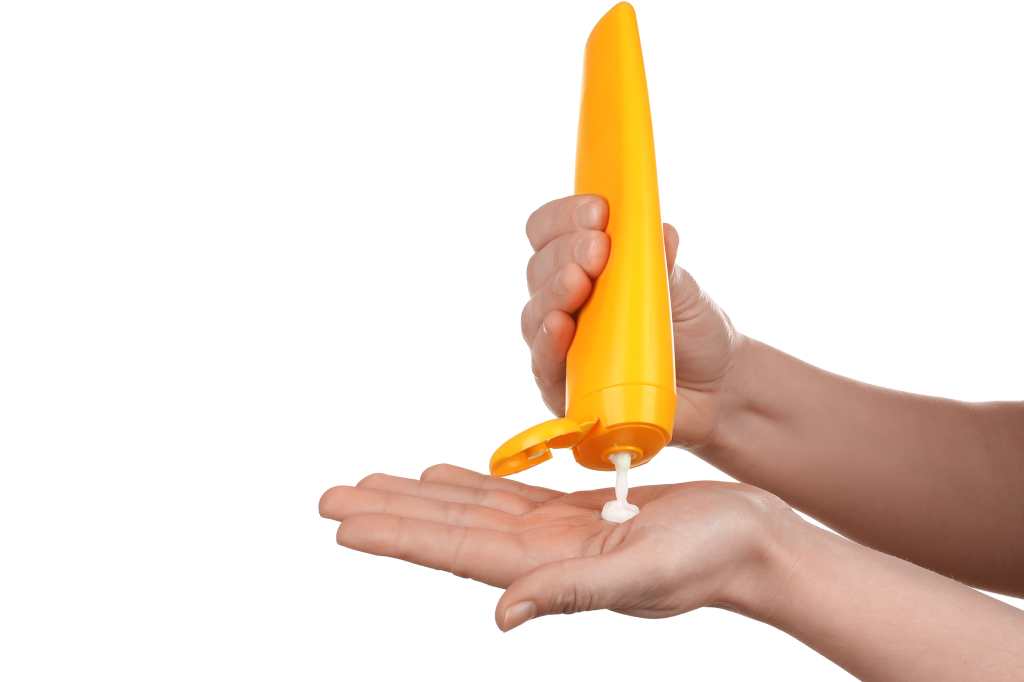
Self-care to eliminate acne
- Avoid excessive consumption of sugars and refined carbohydrates
- Do not take vitamin B supplements, as it has been shown that they can activate the sebaceous glands and cause inflammation. If you think you need them, consult your doctor.
- Do not pinch your face, as this could have severe consequences.
- In some cases, facials and peels will be necessary, but this will depend on what your doctor tells you.

Recommendations
Specialists mention that you should go to a specialist in time. From the first lesion, it is vital to contact a dermatologist to avoid complications. Remember that acne has a solution, but action must be taken quickly. If for financial reasons you cannot go to a private consultation, you can also go to public health centers to be referred to the appropriate specialist.
As for taking the medication, be careful if you experience any side effects. According to the Mayo Clinic, if any anti-acne treatment causes you to faint, have difficulty breathing, have swelling in your face or any part of your face, and have a tight throat, consult a doctor immediately.









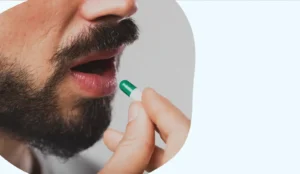







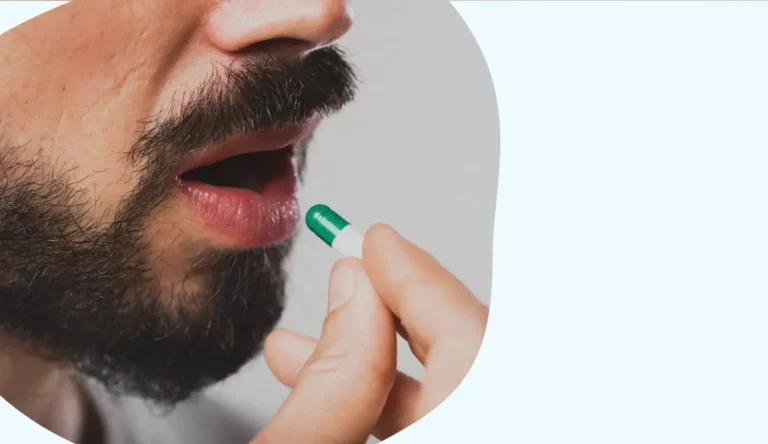


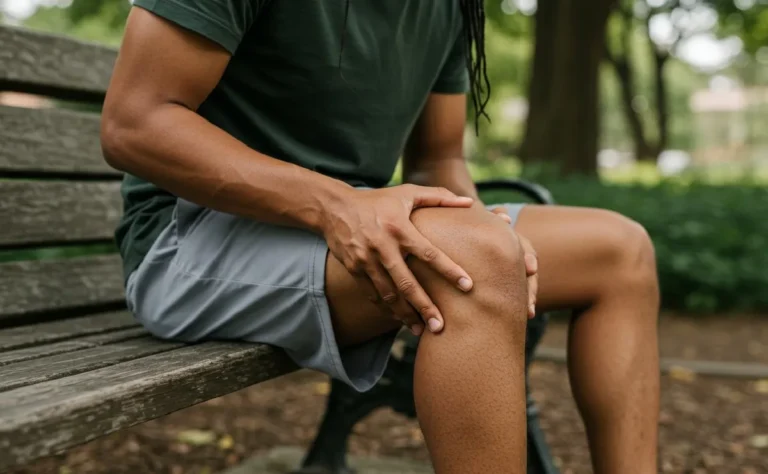
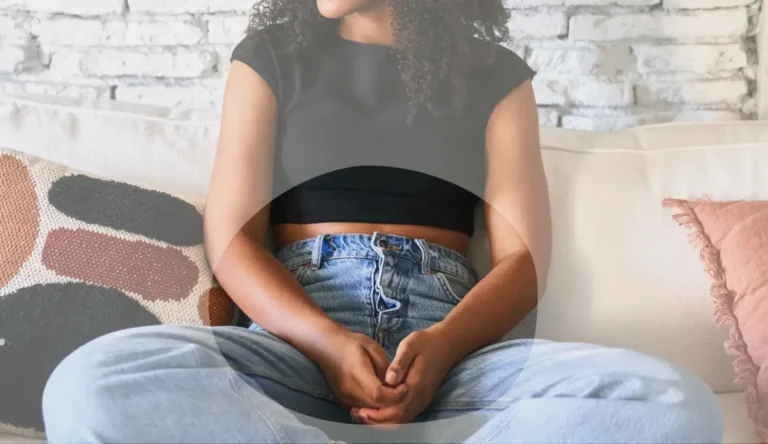

+ There are no comments
Add yours